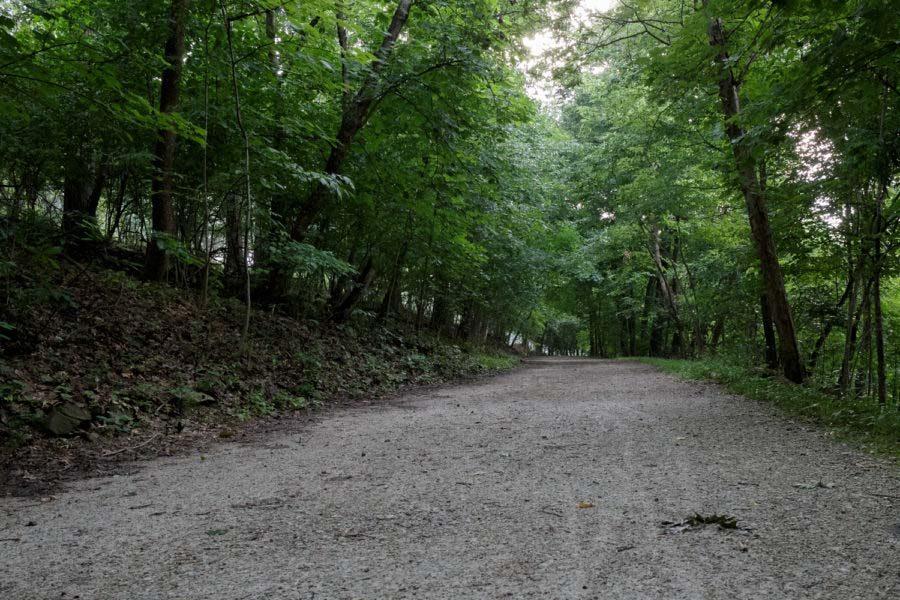Editorial: Pittsburgh voters will be unfairly blamed if parks don’t improve after tax increase
Thomas Yang | Assistant Visual Editor
Pittsburgh residents voted in favor of a referendum that will generate money for improvements in Pittsburgh’s 165 City parks in the Nov. 5 election.
November 10, 2019
The biggest winners of election night last Tuesday were the children in Pittsburgh neighborhoods, according to Mayor Bill Peduto’s Chief of Staff Dan Gilman.
Pittsburgh residents voted in favor of a referendum that will generate money for improvements in Pittsburgh’s 165 city parks — including Schenley Park, Frick Park and Emerald Park near Mt. Washington. While the improvements will reach all parks eventually, the City said they will most directly benefit “long-neglected neighborhoods with concentrations of poverty,” according to Jayne Miller, the president and CEO of the Pittsburgh Parks Conservancy.
But of course, this vote didn’t just concern protecting parks. Voting to improve the parks also meant voting for a half-million property tax increase in 2020 to fund the park improvements. The new tax, as it currently stands, will be in place for an indefinite amount of time. The actual plan for park improvement is vague, and if the new tax doesn’t cultivate change in parks, Pittsburgh voters could be blamed. But they shouldn’t be.
While park maintenance is vital, it was unfair of Pittsburgh’s City Council to put the vote entirely on the residents. Residents are likely taking the idea of park improvement at face value and weren’t given a plan for where resources would be funneled — along with the implications of the tax or the park improvements were. The implications of the tax are relatively unclear. John Pepper, a Conservancy spokesperson, said every park would see “improved maintenance” by 2020, according to the Pittsburgh Post Gazette. Though this is vague, as noted by Councilperson Darlene Harris — who urged residents to vote against the proposal.
Harris said she is concerned that, since the park improvement proposal is so vague, smaller parks will receive almost none of the funding, while the larger parks like Frick and Schenley — which already look “shiny new,” she said — will receive most of the tax dollars.
Although the vote was left up to the people of Pittsburgh, the Parks Conservancy likely heavily influenced the vote, as it contributed $634,000 in direct funding to advertise the proposal, according to the Pittsburgh Post-Gazette. Some residents have expressed skepticism as to why this money went towards ads, when it could have simply gone towards improving the parks. But perhaps an even more pressing concern is the way in which the City seems to have diverted all responsibility to City residents for the enactment of this tax increase, when ultimately, it heavily funded campaigning for it and Mayor Peduto publicly expressed support for it.
If the parks don’t seem to be improving at the rate in which the county proposed, people are going to be upset about the tax increase — if they aren’t already. And since Pittsburgh residents were the ones who ultimately voted in favor of the tax increase, they will likely take much of the blame.
Pittsburgh’s City Council should take partial responsibility for its efforts in raising the property tax. Hopefully, the parks will see improvement. But if not, the city should be prepared to acknowledge pushing for a tax hike that funnels money seemingly nowhere.



